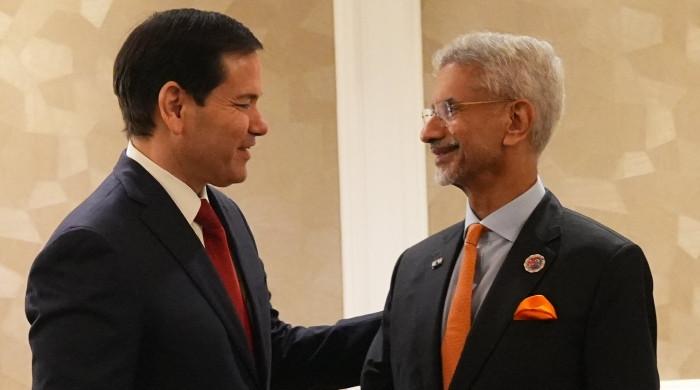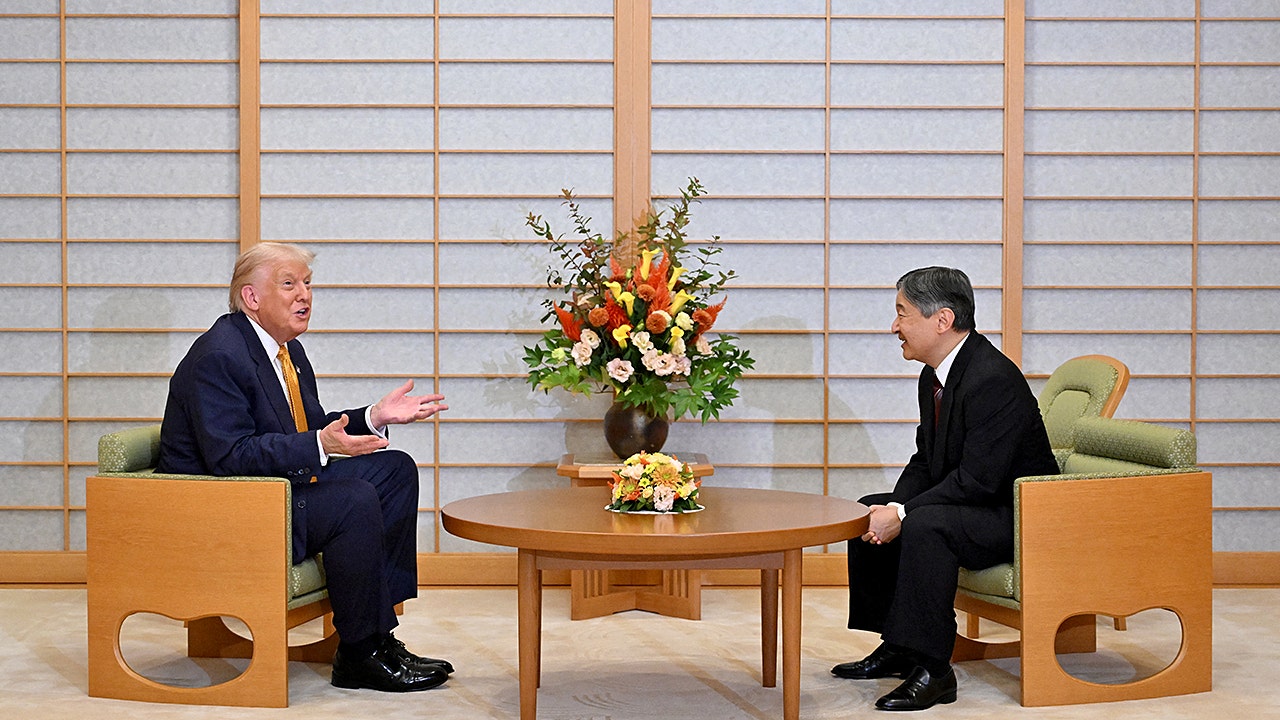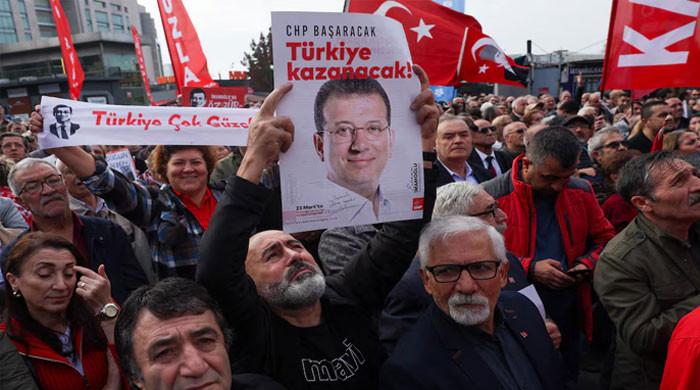- Rubio meets Jaishankar as US–India push trade talks.
- Highest-level contact since sanctions on Russian oil firms.
- Meeting sidelines Southeast Asian summit in Malaysia.
US Secretary of State Marco Rubio met with India’s foreign minister on Monday, as the two countries push trade talks and ease tensions over Washington’s punishing tariffs.
Few details were released, but Rubio’s meeting with Subrahmanyam Jaishankar is the highest-level contact since the United States imposed sanctions last week on Russian oil companies, a key source of India’s crude supplies.
Jaishankar posted a photograph on social media showing him smiling and shaking hands with Rubio, saying he “appreciated the discussion on our bilateral ties as well as regional and global issues”.
The meeting took place on the sidelines of a Southeast Asian summit in Malaysia, which US President Donald Trump attended in person and Indian Prime Minister Narendra Modi addressed by video link.
Relations between Washington and New Delhi plummeted in August after Trump raised tariffs to 50%, with US officials accusing India of fuelling Russia’s war in Ukraine by buying Moscow’s discounted oil.
Trump, who spoke to Modi last week by telephone, has claimed that the Indian leader has agreed to cut Russian oil imports — something New Delhi has not commented on.
Trump warned that New Delhi would continue paying “massive” tariffs if it did not stop buying Russian oil.
“I spoke with Prime Minister Modi of India, and he said he’s not going to be doing the Russian oil thing,” Trump told reporters aboard Air Force One.
Asked about India’s assertion that it was not aware of any conversation between Modi and Trump, Trump replied: “But if they want to say that, then they’ll just continue to pay massive tariffs, and they don’t want to do that.”
India has become the biggest buyer of seaborne Russian oil sold at a discount after Western nations shunned purchases and imposed sanctions on Moscow for its 2022 invasion of Ukraine.
India’s foreign ministry said it was not aware of any telephone conversation between the leaders that day, but said that New Delhi’s main concern was to “safeguard the interests of the Indian consumer”.
— With additional input from Reuters





